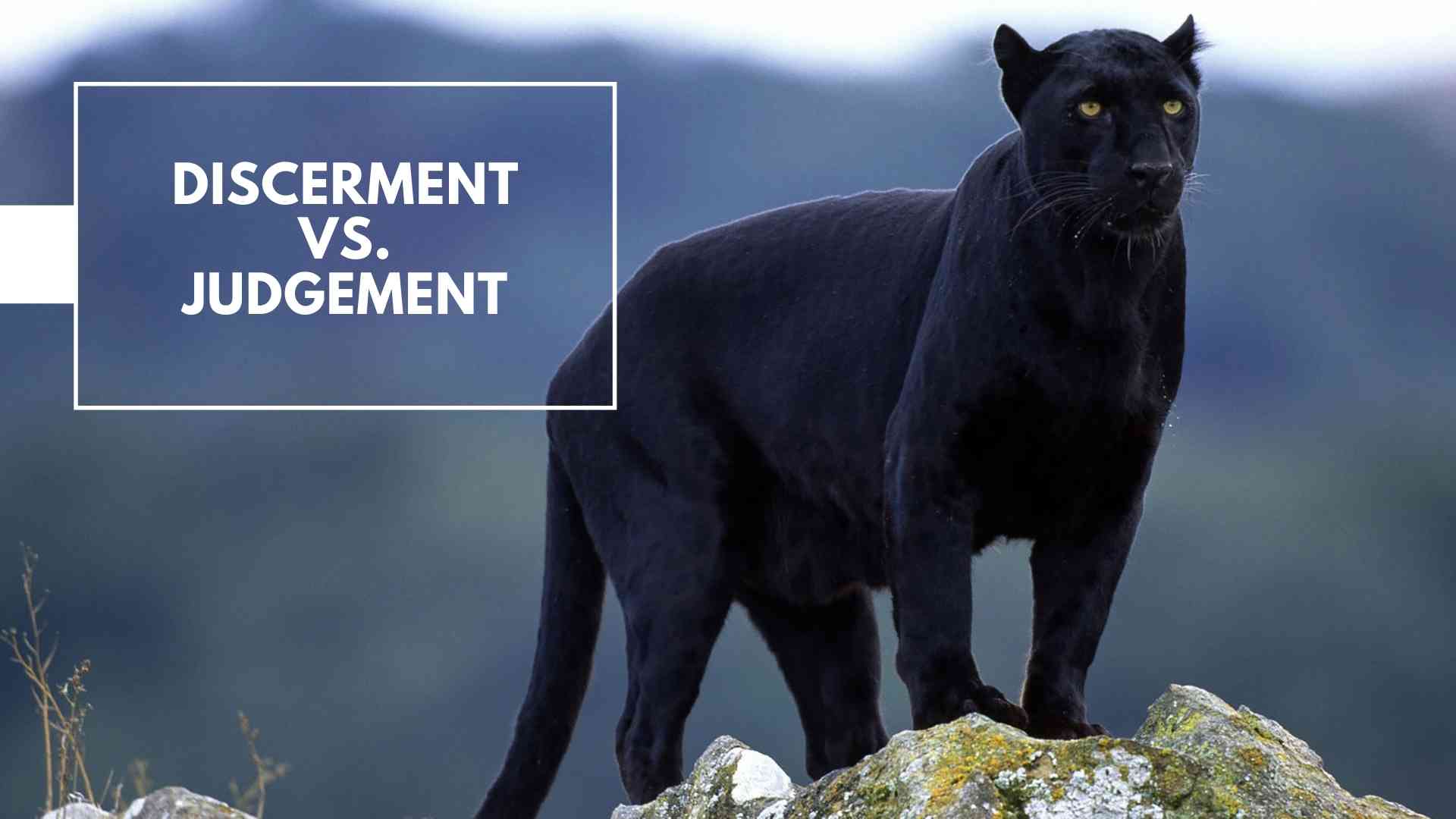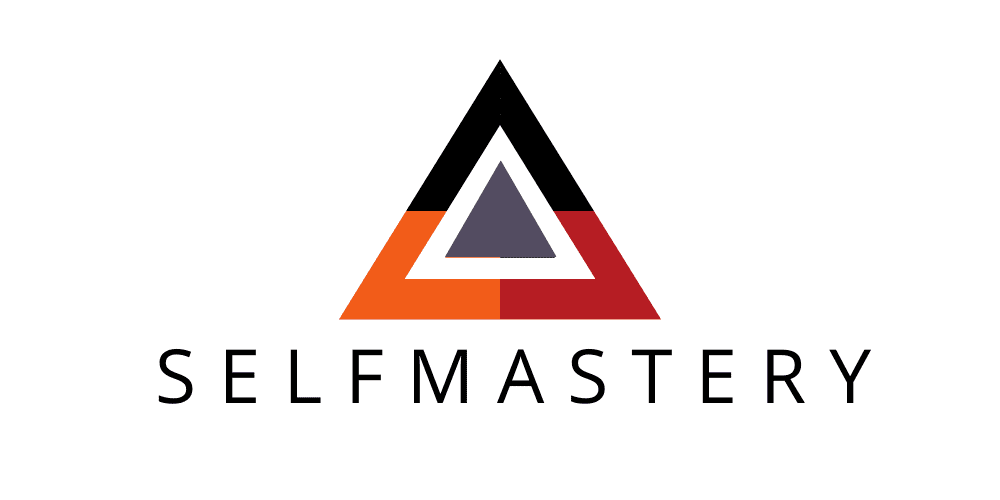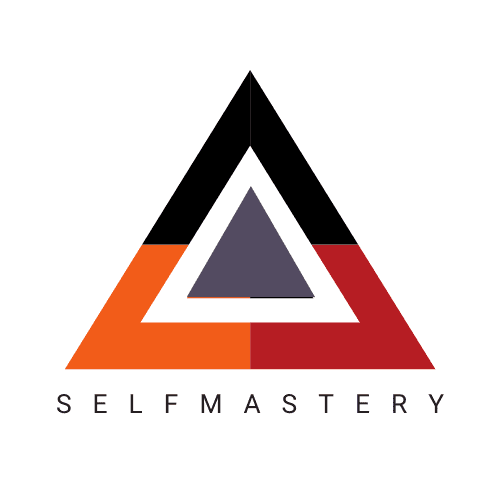
20 Apr Discernment vs. Judgement
“One hour daily is a twelfth of conscious life, and it suffices to keep a trained body in a panther-like condition, ready for any adventure; but this hour is spent thus for the sake of a senseless expectation, for the adventures that would be worthy of such preparation never happen.” (Robert Musil, The Man Without Qualities)
Robert Musil wrote that phrase almost a century ago. It is such a poignant observation. I chuckle every time I read it. One of the marketing devices used by many fitness methodologies and enterprises is that of being prepared for everything, for the unknown and the unknowable. The marketer promises you that you will get ready to handle anything in exchange for your hard work and your dollars.
I chuckle, especially now after the pandemic hit. The unknown and unknowable came, and it is pretty evident that our athletic capacity was almost useless. The tools needed to thrive were on the side of creativity, critical thinking, resilience, empathy, and flexibility much more than on the side of a peak physical condition. Running a faster mile pace, lifting more pounds in your deadlift, climbing the most challenging climbing grade, or mastering the impossible Yoga pose, did not directly transfer in our ability to deal with the pandemic. It for sure helped us cope with it, provide a sense of routine to our lives, and make our metabolisms less susceptible to have a severe case of COVID, but that’s the extent of it.
Despite the irrecuperable losses and the grief, the virus gave us this and other crucial lessons.
We now have a deeper understanding of our connectedness. The virus put us in a place where we had to take full ownership of how our actions can have a global impact on all of us. It did so in a very fundamental and meaningful way. It showed us we all breathe the same air. It sounds so obvious in some ways, yet it is so eye-opening. We think of ourselves as individuals, as separated beings, and yet there is this continuum of matter that connects us, and that makes us one, whether we like it or not. It made us responsible for the air we exhale.
That was not an easy pill to swallow for most of us. Despite the undeniable reality that we were all in this together, it divided us more. And that is where I think this pandemic hit us the hardest. Salvese quien pueda was the motto, and most of us consciously or unconsciously embraced it.
More than having great fitness, what would have helped us enormously was learning to differentiate between discernment and judgment. The problem was not the virus. That was a trigger. The problem was that our collective response was inadequate, disorganized, and unintelligent. Because as a collective we are inadequate, disorganized, and unintelligent.
At this point, your brain might be going right into blaming the other camp, the one with the mask or without it depending on where you stand. You are probably nodding and saying, “yup, what a bunch of morons, those other dudes.” And that I think is the problem. We were all ignorant, all scared, all annoyed, and instead of trying to discern facts from an interpretation of facts, empathize with others, think creatively and listen, we shouted and fought. We took a side and decided to judge everybody else.
This collective reaction, although idiotic, is quite natural. When we are stressed and threatened, we go right into tunnel vision, and judging is what we are wired to do. When somebody is pointing a gun at you, the stress response is fleeting, not thinking creatively and compassionately. Your focus narrows, and you go. Unless you are trained, you cannot fight our nature there.
However, when it comes to the pandemic, most of us were not in the gun-in-the-face situation. Most of us were not in an acute stress scenario. We were in chronic stress one. We did have time to reflect and think. In a context like that, we can choose discerning over judging. It is not an evident process because the context pushes us towards reaction. Yet, we can fight the urgency of the situation and think, which brings us, after ten paragraphs, to the point of this article, how to discern and not judge1.
LET’S DO THIS!
First, let me define the scope of our project. The purpose is to create a template that allows us to know how to discern and not judge. We want to have a process in which we can evaluate past or present behaviors –ours or somebody else’s. The objective of that evaluation is to allow us to 1) better understand the given behavior; 2) learn and act better in the future.
Now let’s go through the steps:
- Understand your emotional state. Feelings and emotions mediate every aspect of our consciousness. You might negate them or not be aware of them, but they are there. Before you evaluate any behavior, future or past, analyze your state. If you feel anxiety, anger, shame, or fear, that will put you on the side of judgment. Judging any behavior from this place will feed these feelings in the future. However, acknowledging that you are in this emotional state and intentionally trying to bring positive thinking to the situation will be enough. Let’s say you spend a weekend with your friends and you ate all the things you feel you shouldn’t. The first thing to acknowledge is not that your metabolism is wrecked or that your body accumulated weight in the form of fat. It is to accept that you feel guilty and ashamed because you think you shouldn’t have done what you did. Once you see that and understand that that emotion is mediating your thinking, you can start letting go of it and clarifying it. You might even realize that your brain is catastrophizing the whole thing a little bit.
- Define the purpose. Every behavior has a purpose. Sometimes that purpose aligns with the outcome you’re looking for, sometimes it doesn’t, sometimes it seems like it doesn’t, yet it does. When your neighbor tells you for the 400th time that he is starting fasting on Monday and you get annoyed because the fasting thing is clearly not working for him, try to find the purpose of that behavior. Most likely, you will find that your neighbor is constantly feeling shame and guilt about his eating habits and is trying to “erase” them over and over with this restrictive measure. The purpose of the behavior is not to the superficial one –lose weight– it’s to deal with guilt. For that purpose, the behavior is very effective, and that’s why he keeps doing it and doing it. Once you understand that you will realize that your annoyance is totally yours to hold or let go of.
- Define what’s available. We are often trapped in the ideal/perfect world. We compare our decisions and behavior to the theoretical best and not to the available best. What’s available depends on our environment and our resources. It would have been awesome if, during that crazy weekend with your friends, you could have continued with your weightlifting program, but there was no equipment or space available for that. The best you could do was to stay consistent with your routine by doing a bodyweight workout in your hotel room before coming down to have brunch with the gals. The first was ideal but not available the second was not as excellent but completely available.
- How close are you from optimal? Once you understand the three previous points, then you can start fully discerning the optimal. For me, optimal is the intersection of ideal and available. If your behavior lives in that intersection and its purpose aligns with what you are looking for, then you are in optimal space. How far you are from that space or what you could do to bring yourself or somebody else closer is what will allow you to learn. Next time that your neighbor repeats the crazy weekend-fasting combo, you can give him your technique instead of getting annoyed at him. You can tell him that when you go on crazy weekends like that, you always have a ready bodyweight workout to do in the mornings. You could explain that it helps you avoid all or nothing mentality, and it keeps you doing your thing while also having all the fun with your friends. If your neighbor applies that to his next trip, you might have just changed his life for the better.
- What’s the loss? This last one is fundamental. Often when we judge or discern, we still think there is a significant loss when there isn’t. You might think that missing that workout you did when you were tripping with your friends is a big thing, and in the bigger picture, it has almost an irrelevant effect on the overall thing you are trying to achieve. Sure, you are not on the optimal side of things, but also there is no loss.
Next time you think about how your neighbor, your crazy uncle that predicts earthquakes, your city’s policy official, or your mid-February-2020 old self handled the pandemic, try to discern and not judge. When you judge there is no space for learning, the decision has been made: your uncle is still the same idiot he has always been. That doesn’t do anything for you, it just validates your current emotional state. When you discern, you may come to the conclusion that your mid-February self was careless and arrogant. You might realize that you did not fully research and read the information available, you will also understand why, and you will be able to be compassionate and grow.
ENDNOTES
1. I took the distinction between judgement and discernment from Shizard Chamine, as presented on his book Positive Intelligence.


